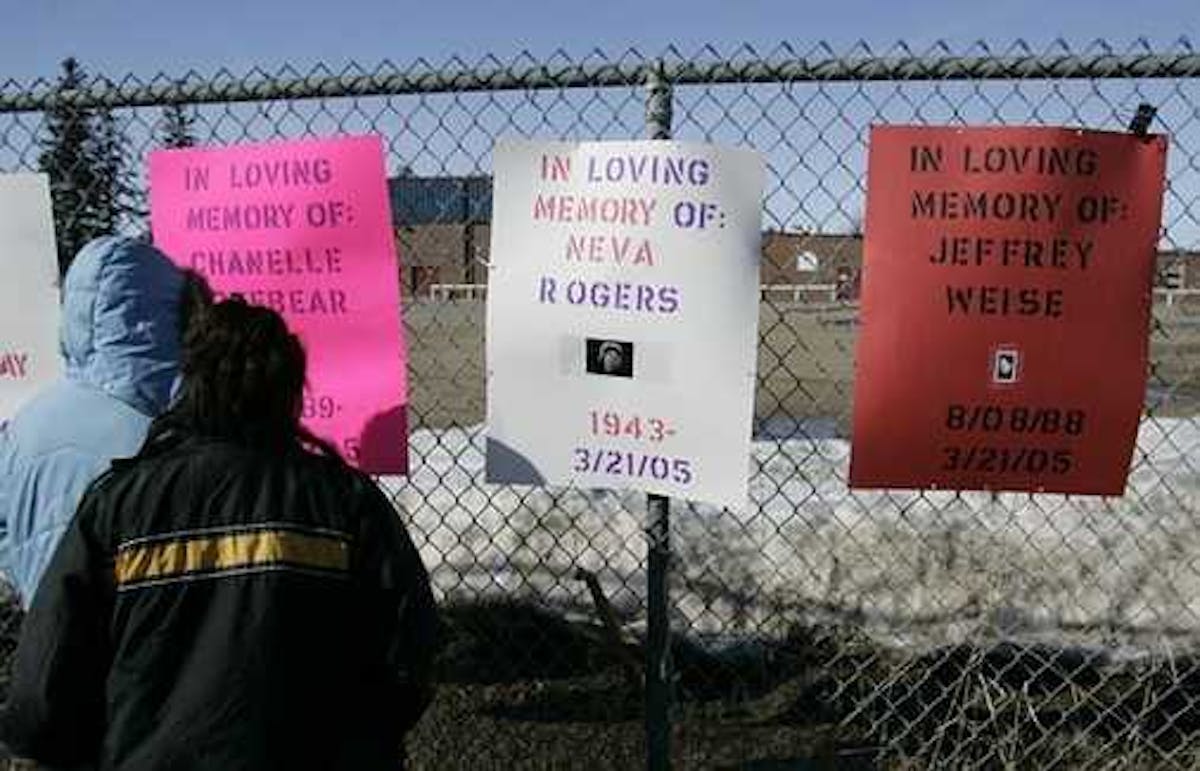DEBT CEILING
Democrats must show flexibility on benefits
As the president and Congress struggle to work together, I hear citizens repeatedly calling for compromise. The president said he's committed to a "balanced" solution to the budget and tax challenges, but there's no comprehensive balanced solution in sight. As a politically active Democrat, I believe strongly that Social Security and Medicare reform must be part of the cost-saving side of the equation. But all I hear from progressive organizations is that these programs shouldn't be touched. These organizations don't speak for me and others like me. I challenge other Democrats to let it be known that we support balanced solutions that include reductions in Social Security and Medicare benefits. The same old party-line approaches aren't helpful to our nation. Who's with me?
LEE FRIEDMAN, Golden Valley
• • •
The debt ceiling has been raised during several administrations -- 74 times since March 1962 -- but it's only now, during the Obama administration, that we're constantly being reminded of it ("Now get back to work on that grand bargain," Jan. 3). If President Obama weren't so vehemently disliked by (fill in the blank), I'm pretty sure the debt ceiling wouldn't be in the news as much as it has been since he took office.
TERRA VAUGHN, MINNETONKA
* * *
SCHOOL PERFORMANCE
Parents who want to help kids often can't
As I read all the proposals and outrage over school performance, some key factors always seem to be missing ("Our first lesson is to spend on programs that deliver results," Dec. 12). Seldom is there any mention of parents' involvement. Parents need to help their children at home. That means we must face the fact that many parents are unable to help their children with schoolwork because they're working multiple jobs. Minimum wage isn't enough to live on, and until we start providing people with a livable wage, children's learning will continue to suffer.
TONY ACHARTZ, SAVAGE
* * *
FARM PRACTICES
Farmers need to be held accountable
Harlan Anderson blames politicians, the media and consumers for problems in agriculture ("Let farmers be farmers ...," Dec. 29). Apparently, he isn't willing to consider the possibility that big agribusiness might be the problem. Perhaps Anderson hasn't seen any of the whistle-blowing investigations that have led to animal-cruelty convictions and food-safety violations on these industrialized farms. The public is seeing them, and the Star Tribune Editorial Board was right to condemn gestation crates so small that sows can't turn around ("Farm practices face a critical test in U.S.," Dec. 22).
CHRISTINE COUGHLIN, MINNEAPOLIS
The writer is president of Minnesota Voters for Animal Protection.
* * *
GUN VIOLENCE
Action needed, despite lack of easy answers
Thanks to John Patrick Egelof for the balanced and thoughtful commentary on gun violence and the Second Amendment ("I've felt the pain. I get the arguments," Dec. 30). Before reading this, I hadn't considered the historical implications of gun rights in our country. Nor had I thought much about the options for people in rural areas to protect themselves. Somewhere in the middle is a reasonable approach that acknowledges where we've gone wrong -- for starters, easy access to assault weapons -- and how to stop the madness. We must work together and take action.
RENATA FAETH, EDINA
• • •
If we complete the scenario proposed by the National Rifle Association and State Rep. Tony Cornish, R-Vernon Center, then we should be placing armed guards at all public facilities ("Arm the schools: It's today's reality," Dec. 28). This would include theaters, churches, sporting events, businesses, factories and restaurants. After all, doesn't everyone need to be protected? For that matter, why don't we arm everyone? By a wide margin, deaths from gun violence are higher in the United States than any industrialized country. If we keep arming, for whose benefit would all of this firepower be? What culture are we promoting?
FRED POLLMAN, EDEN PRAIRIE
* * *
THE REV. JOHN PIPER
Not all will miss his presence in the pulpit
The Rev. John Piper, retiring senior pastor of Bethlehem Baptist Church in Minneapolis, said that the 2007 collapse of the Interstate 35W bridge, which killed 13 people and injured others, was a sign of God's wrath ("Fiery preacher leaving pulpit, but this won't be his last word," Dec. 30). One wonders what sins in particular he imagines that the victims of this tragedy had committed. If someone like Piper were to yell this nonsense on the corner, you'd cross the street to avoid him. When he steps into a pulpit, some regard him as a sage.
JAMES M. DUNN, EDINA
* * *
MENTAL HEALTH
Insurance demands diagnostic labels
Allen Frances' harsh position on the revised Diagnostic and Statistical Manual of Mental Disorders (DSM-5) underplays the disparity in insurance coverage for mental health in the United States ("Psychiatric manual goes over the top," Dec. 29). If the manual goes overboard, it's in reaction to insurance criteria that require justification (i.e. a diagnosis) for counseling services. Medical professionals don't need to justify seeing a patient with the common cold by labeling them with bronchitis; those services are covered regardless. True insurance parity would allow mental-health professionals the same courtesy -- that is, to treat their client without having to justify services with a diagnostic label.
THOMAS MURPHY, MINNEAPOLIS
The writer is a psychologist.


